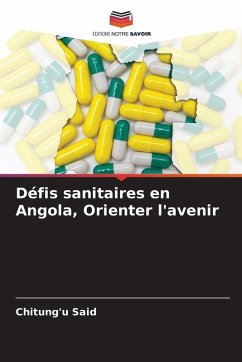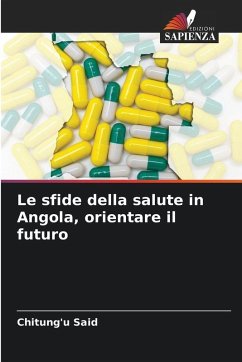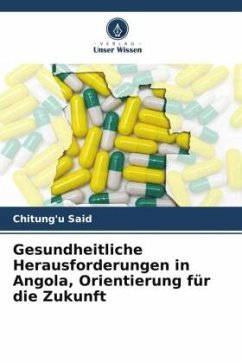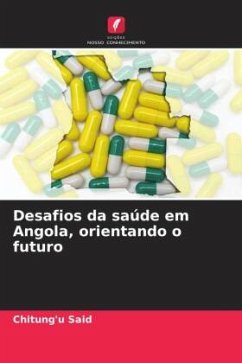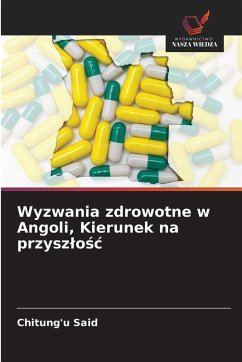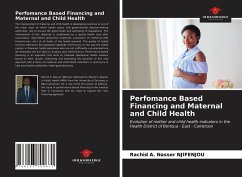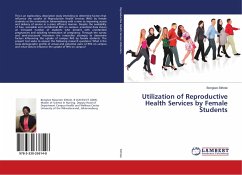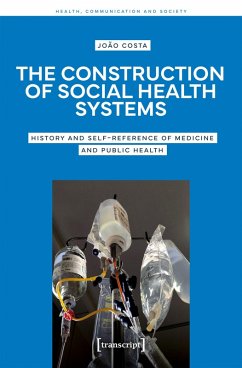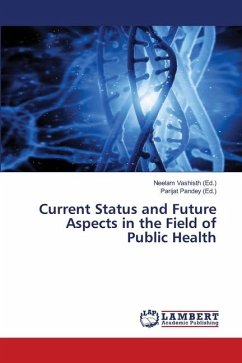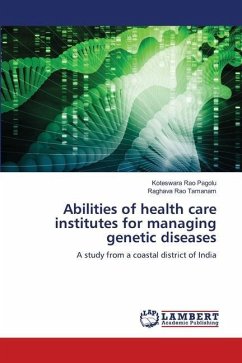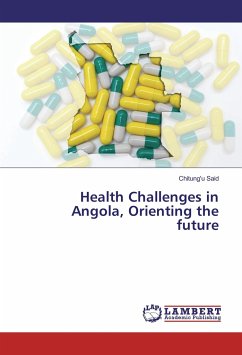
Health Challenges in Angola, Orienting the future
Versandkostenfrei!
Versandfertig in 6-10 Tagen
24,99 €
inkl. MwSt.

PAYBACK Punkte
12 °P sammeln!
A protracted civil war in Angola left the country in suffering, death and destruction of infrastructures. Health sector was among the affected sectors resulting into worst health indicators. The mortality rate used as one of the major decisive factors to assess the extent to which the population is deprived of minimum essential levels of the right to health is generally the lowest in the world and experiences high rates of maternal and child mortality. With an assumption that wealthier countries have higher expenditures on health, both in absolute terms and in percentages, Angolan oil wealth o...
A protracted civil war in Angola left the country in suffering, death and destruction of infrastructures. Health sector was among the affected sectors resulting into worst health indicators. The mortality rate used as one of the major decisive factors to assess the extent to which the population is deprived of minimum essential levels of the right to health is generally the lowest in the world and experiences high rates of maternal and child mortality. With an assumption that wealthier countries have higher expenditures on health, both in absolute terms and in percentages, Angolan oil wealth on contrary has not interpreted a meaningful achievement of health indicators. Since the ceasefire in 2002, the country has enjoyed an extraordinary economic performance fuelled by expanded oil production and diamond extraction. Income from oil exports has helped to increase gross national per capita income almost triple the sub-Sahara African average. The study found that there is no positive correlation between oil wealth and reduction in health burden. It needs great political will among leaders to allocate sufficient health budgets to unpack existing health challenges in Angola.



